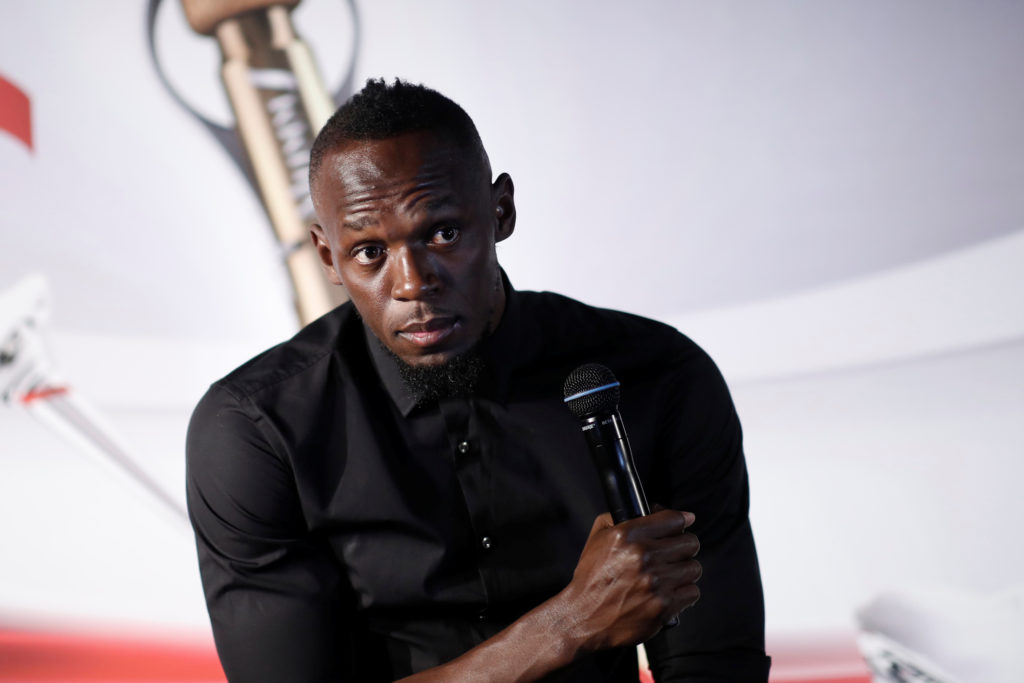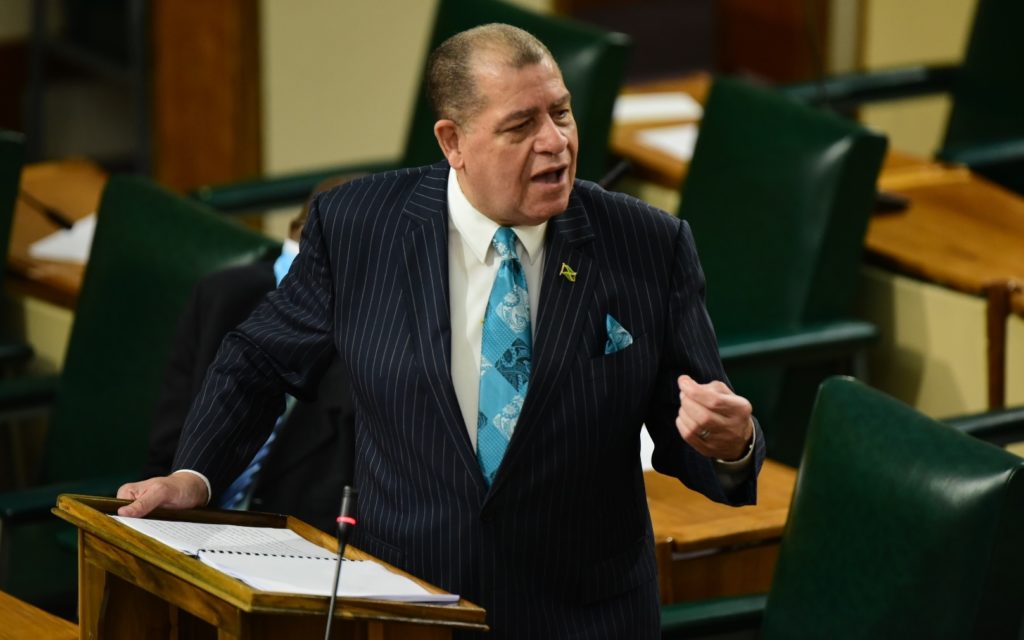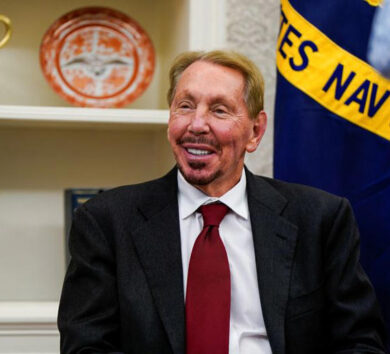

Lamar Harris, Mark Croskery and Zachary Harding all served as CEOs at Stocks & Securities Limited, where Usain Bolt is said to have held an account there; all of them declaring they had no knowledge of him or a company connected with him having money invested with the small brokerage house founded by Hugh Croskery.
This morning, Minister of Finance and the Public Service Dr Nigel Clarke confirmed the existence of an account in the name of a limited liability company (LLC) involving Bolt.

His statement read: “The temporary manager of Stocks & Securities Limited (SSL) appointed by the FSC has confirmed to me the existence of an account at SSL in the name of a LLC owned by Ambassador Usain Bolt. He has further confirmed to me that this account dates back to 2012.”
The SSL case gets more curious by the day.
Over the weekend and up to yesterday, the former CEOs vehemently denied being aware of Bolt or a company involving him having accounts with SSL. This led one to believe whether Bolt was ever aware himself that he had an account there and this was all some awful mix up.

Know Your Customer (KYC) requirements would mean that the brokerage would have details on the shareholders of an LLC. Was this hidden from the respective CEOs or were they simply not informed from the owners of SSL as to what was really going on? Was a back door mechanism employed, playing them for merry andrews?
The SSL saga will strengthen the case for more stringent measures vis-a-vis correspondent banking. Jamaica is already on a grey list and the reputable international banking houses are very wary of what they deem their shoddy practices.

From now on, it’s going to be “I told you so. Why take the chance?”
The owners, the management, the regulators, indeed the investors, were all in the dark as to what was truly going on at SSL. How can that be in 21st Century Jamaica?
The Minister of Finance now needs to declare the sums held by this LLC associated with Bolt.

If it was the said US$12.7 million, as claimed by Bolt’s lawyers, then this is a heinous breach which constitutes a national crisis. It means Jamaican’s money cannot be considered safe in local financial institutions.
SSL’s practices were so worrisome that authorities considered stripping it of its licence. For some reason not yet revealed, it acted with forbearance. Why, despite being cited for a “culture of non-compliance and mismanagement’?
As it pertains to correspondent banking relationships (CBRs), a 2015 World Bank survey and study revealed that the Caribbean appeared to be the region most severely affected by this de-risking strategy where 66 per cent of the region’s banks reported a decline in CBRs.

Former Minister of Finance Audley Shaw pointed out: “This is so because international correspondent banks have either ceased to offer their services or have restricted the type of services offered to a number of domestic banks in the region.”
Former Deputy Managing Director of the IMF Tao Zhang went further, adding: ”The withdrawal of correspondent banking relationships present a clear and present danger to the Caribbean.”
In October of last year, Minister of Information Robert Morgan prophetically said during a post Cabinet briefing: “Jamaicans need to understand that the actions of some of our countrymen will have impacts on our personal lives.
“I think as a society we have to work harder to rebuild the trust that people have for us by not promoting, endorsing or engaging in particular activities that may cause other countries and jurisdictions to start looking at us in a particular way.”
“With Usain Bolt as an international icon, beloved across the world, missing millions from his Jamaican account, many will understand why Jamaica was placed on a grey list by the US and on a black list by the EU in 2020.”
Former trader at Fidelity, Norman Coverman
Former trader at Fidelity, Norman Coverman, who has connections to Jamaica, told Our Today: “With Usain Bolt as an international icon, beloved across the world, missing millions from his Jamaican account, many will understand why Jamaica was placed on a grey list by the US and on a black list by the EU in 2020.
“The regulators seem unable to implement the law which is of concern. Governance and controls were evidently lacking and SSL, for all intents and purposes, dropped the ball when it came to KYC. It’s management then and now have a lot to answer for.”







Comments